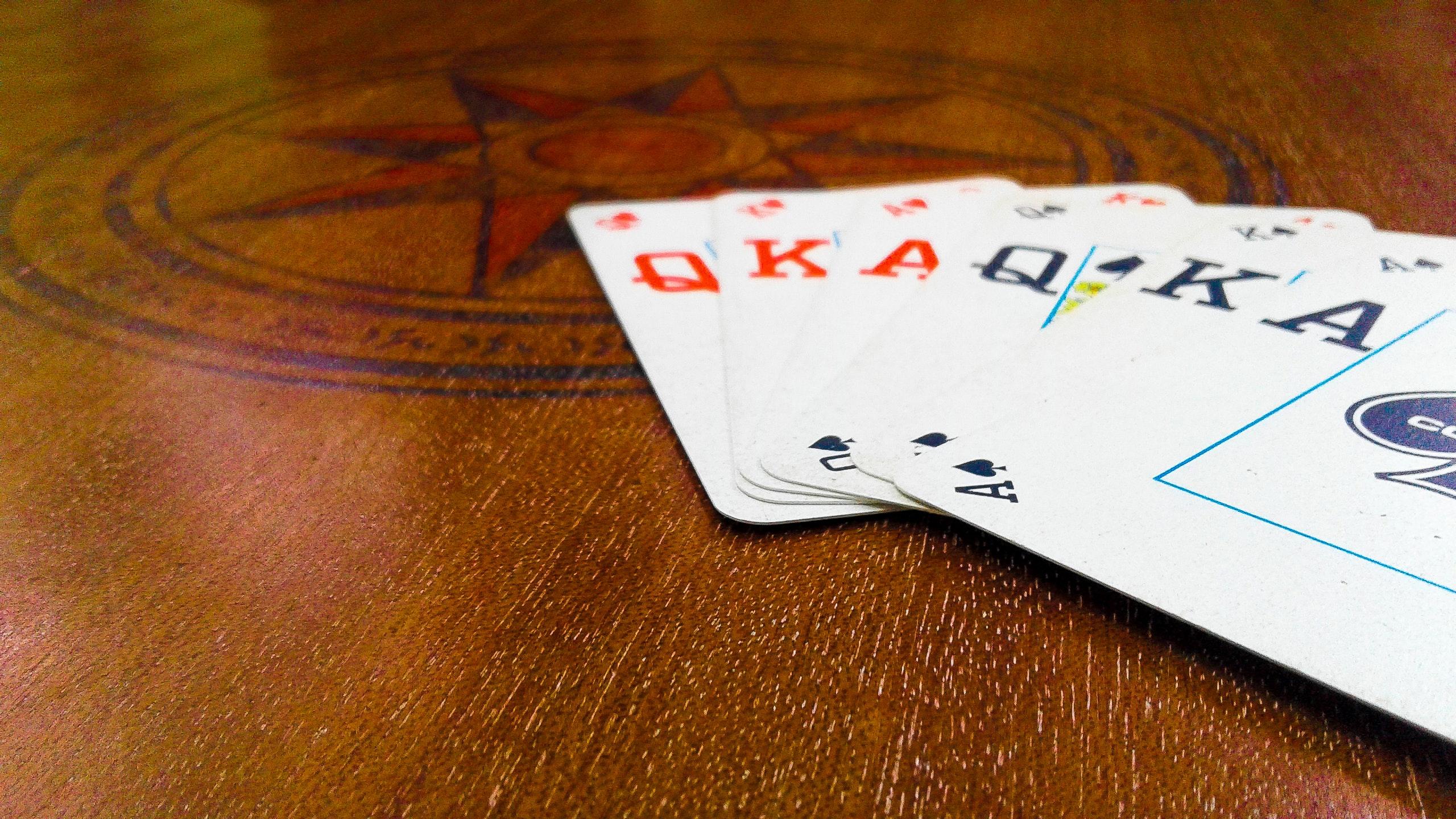


Bridge Club for Children
24 September 2023
Bridge is a card game most associated with the older generation, although it shouldn’t be. It is excellent for children to learn and will stretch their minds in beautiful ways, providing lots of fun.
The game consists of a team of 4 players who sit around a table with the titles North, South, East and West. Each player works alongside the person sitting opposite them at the table. The game then unfolds with a series of moves and tricks until there is a winner.
There are many benefits to playing bridge as a child, but here are the top 6.
1- It’s Social
A bridge club is incredibly social, and usually, more than one game happens at once. This means your child will have the opportunity to move around, play alongside others and make new friends. Finding others with similar interests is an excellent foundation for blossoming friendships and could be a great place for your child to have fun and a laugh.
2- Teamwork
Because when you play bridge, you are working with the player opposite you, learning skills of teamwork are essential. Your team will likely fall without collaboration and communication and working together to understand the next move. Life also includes daily instances of needing to work as a team, so learning it in this safe environment is perfect.
3- It’s a Brain Booster
One of the best-known facts about bridge is that playing the game will greatly boost your child’s cognitive abilities. To be successful, children need to learn to think laterally and strategically, which they will learn through repeated play. They will also deepen their mathematical skills, which are transferable skills they can use in other games and other areas of life.
4- It’s a Timeless Game
The game of Bridge is timeless, despite its association with the older generation. If you learn to play bridge as a child, the skills will stay with you for life, and you will have a hobby you can dip in and out of as much as you like. Also, the game never gets boring, so they can continue playing and master their expertise through adulthood.
5- It Teaches Sportsmanship
Sportsmanship is the ability to treat people fairly and equally when playing any kind of game, and it applies before, during, and after. It’s about supporting all the players, whether you win or lose. It’s not always easy to do at first, but if children can learn this skill earlier in life, they will be able to cope with many life situations.
6- It’s on the Up
Although finding a bridge club for your child in your local area might be hard, don't give up. The benefits of playing are becoming more widely recognised, so bridge clubs are becoming more of a thing. If you can’t see one specifically for children, you could always raise it with your local bridge club and let them know there is a keen interest amongst parents and children.
